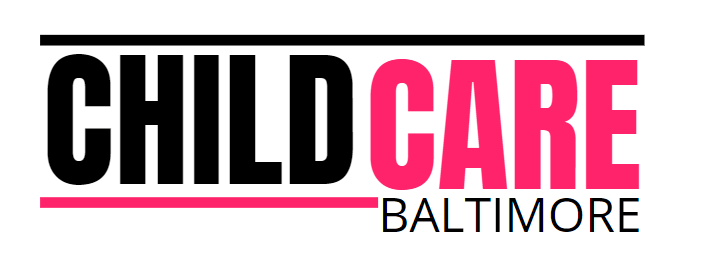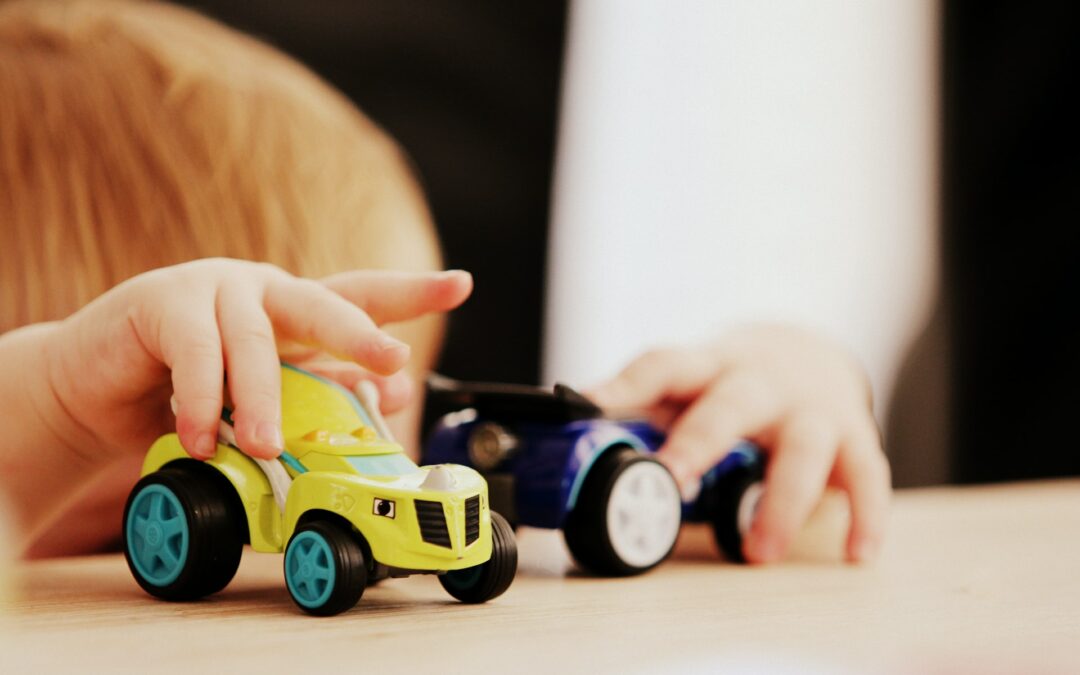The series of physical, language, mental, and emotional changes. That occurs in a kid from birth to the beginning of maturity is referred to as child development. A youngster moves from dependent on their parents/guardians to increased independence through this period. Prenatal Events and genetic variables (genes passed down from parents) have a big impact on a child’s development. Environmental facts and the child’s learning capacity also have a role.
Targeted therapy intervention and the “just right” home-based practice. As indicated by Occupational Therapists and Speech Therapists, can help children develop more actively.

What Is Included In A Child’s Development?
Kid development encompasses the whole range of talents that a child acquires during their lifetime, including:
- Cognition is defined as the ability to learn and solve problems.
- Interacting with people and exercising self-control are two aspects of social interaction and emotional regulation.
- Understanding and using language, reading and communicating are all aspects of speech and language.
- Fine motor (finger) and large motor (whole body) capabilities are two types of physical abilities.
- Sensory awareness is the recording of sensory data for later use.
What Is The Significance Of Child Development?
Observing and tracking a child’s development is a crucial tool for ensuring. That they reach their “developmental milestones.” Developmental milestones (a “loose” list of developmental skills. That are thought to be mastered at around the same period for all children but are far from precise) serve as a useful guideline of ideal growth.
It offers a ‘check in’ to ensure that a youngster is basically ‘on track’ for their age. By comparing their developmental progress at specific age markers to these arbitrary time frames. If not, checking developmental milestones might aid in the early discovery of any developmental hitches. As infants and toddlers, this ‘check’ is normally done through child/mother services and pediatricians. And later through preschool and school term skill evaluations.
Early detection (and, if applicable, early intervention treatment) of developmental problems can help to minimise. The effects of these developmental hiccups on a child’s skill development and, as a result, their confidence, or serve as a sign of a possible future diagnosis.
Developmental milestone checklists or charts serve as a guide to what is considered “normal” for a given age group and can be used to identify any areas where a kid may be behind. However, though child growth follows a predictable pattern, each child’s developmental path and the dates in which they encounter the various developmental milestones are unique.
Developmental Issues In Children:

Genetics, prenatal circumstances, the presence of a specific disease or medical issues, and/or a lack of opportunity or exposure to therapeutic stimuli can all cause problems in child development. Specific assessment by the best fit professional (which may first be a GP or Paediatrician, then an Occupational Therapist, Speech Therapist, Psychologist, and/or Physiotherapist) can provide clarity about the developmental issues and extent of concern, as well as help formulate a plan to overcome the challenge (s). Because the process of child development involves the development of various talents at the same time, consulting multiple experts may be beneficial.
Overcoming developmental obstacles is critical for maximising the ease and speed of growth, minimising the difference between a child’s aptitude and that of their same-aged peers, the child’s confidence, and the frustration experienced by the child’s parents and/or care-givers.
To take after your children, you will need professionals that are both professional and friendly. Simply let us know if you require any other information.


Recent Comments